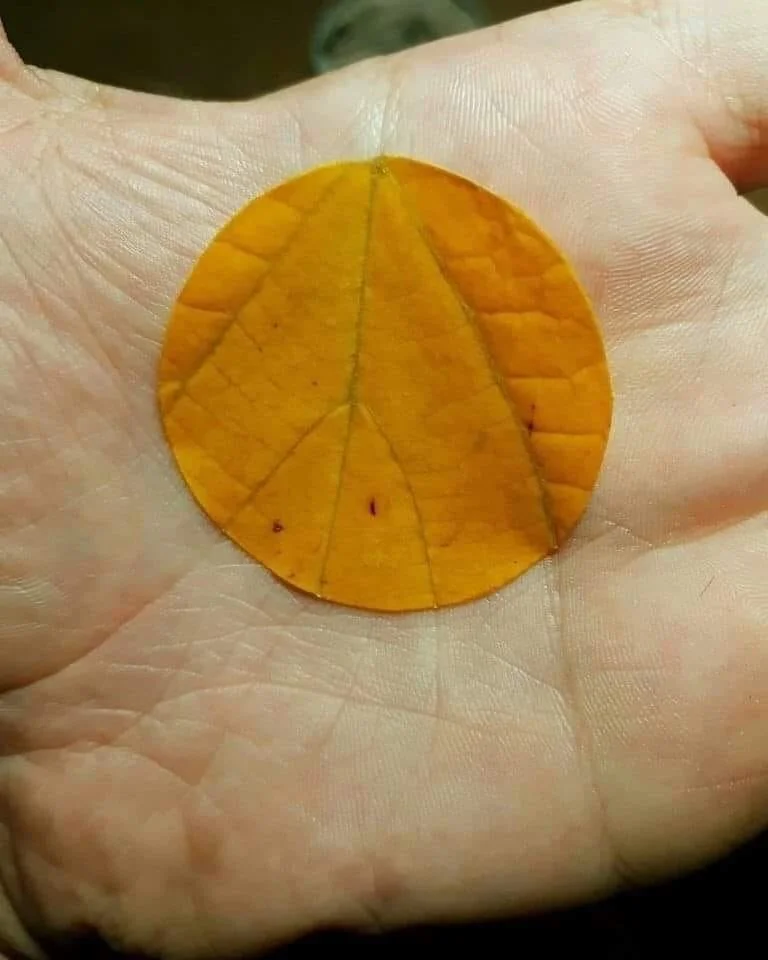Workshop: Physics, Physiology, and Philosophy of Living Systems: Simpler Than it Sounds
The management of natural communities is an interpretive endeavor that draws from many lines of evidence. It is also chronically overburdened with misinformation, mystery, and supposition which can lead to frustrating outcomes rather than life-affirming results. This workshop will provide the tools to better understand systems functions and to guide management from a holistic lens focused on the physics (the flow of energy), physiology (mechanics/chemistry), and philosophy (quality assessment) as they change and relate to community assembly, disassembly, and reassembly. This will cover the spectrum of conditions applied ecologists encounter, from traumatized and chaotic systems through stabilized, high integrity, niche-actualized systems.
Topics will include trauma (human and more than human), cultural constructs, paradigm paralyses, cognitive dissonance, reciprocal outcomes, fire effects, nitrogen-driven dynamics, floristic quality assessment, thermodynamic ecological stability, invasive species, system integrity, and the general space-time relationships that separate chaotic and unconsolidated outcomes/systems/processes from predictive and stabilizing trajectories/systems/processes. That said, don’t let these concepts or this approach worry you, this will all be done through very easy to follow concepts and illustrated in the field through conversations using living examples and based on scientific principles. It will all make sense, in ways it never did before. You will be shocked at how easily these concepts intermesh and delighted at how beautiful living processes are – the latter of which is something many of us have lost. Come take it back.
Instructor: Justin Thomas
Location: Eminence, Missouri
This is a rural location. Instructors intend to camp at Alley Springs Campground (nights of the 15th, 16th, and 17th) with evening discussions around the campfire. A group camp has been reserved for the occasion (right next to the river!). The campground has plumbed bathrooms and shower houses. If camping isn’t your thing, there are some hotel accommodations in town (Eminence) and the nearby towns of Salem and Mountain View.
The workshop days will include traveling to examples of high quality (ecologically dynamically functional sites), low quality sites (ecologically chaotic sites), and places in between.
When: May 16-17, 2023
Cost: $150 (or whatever you can afford).






